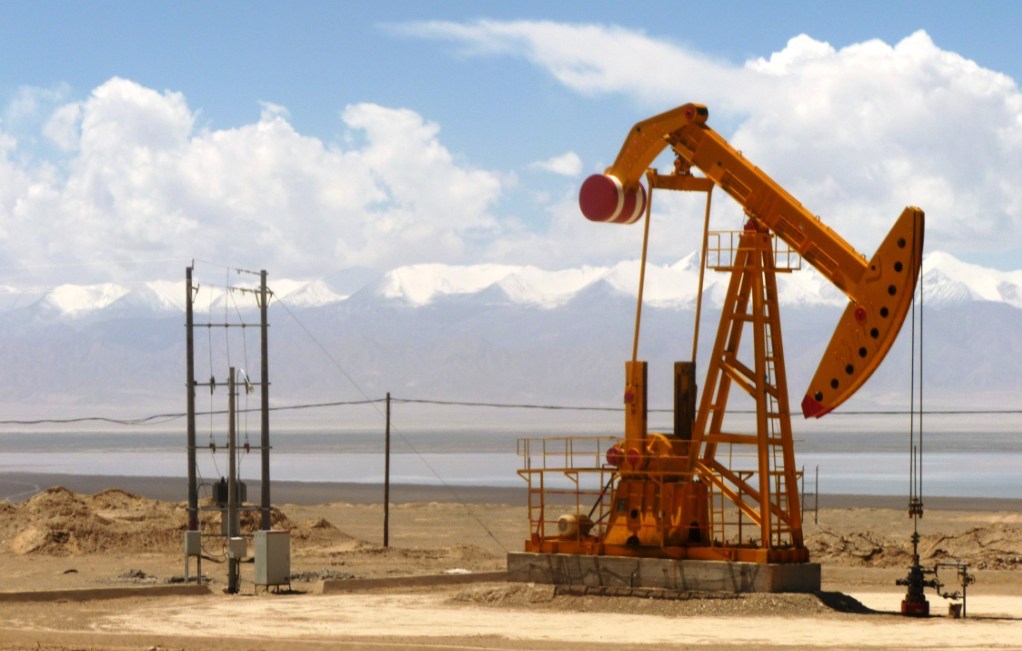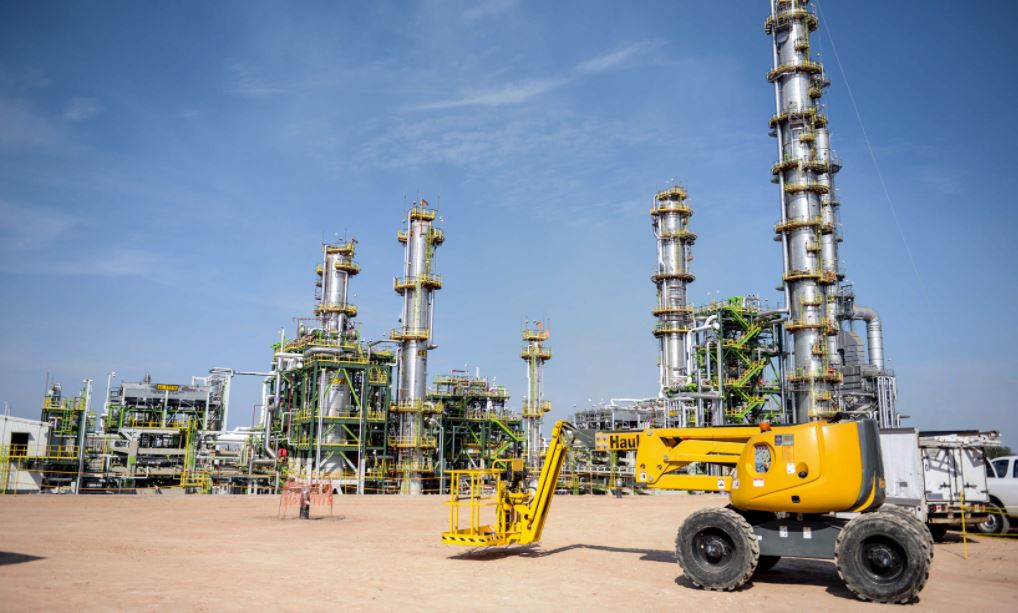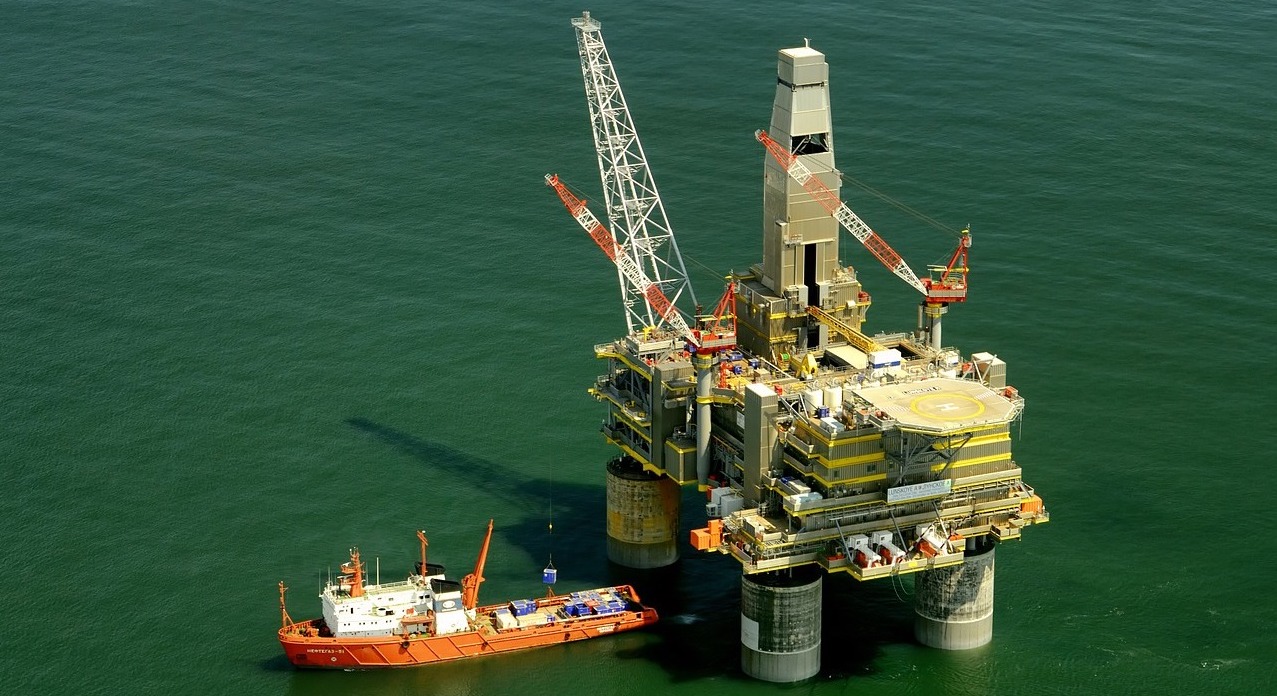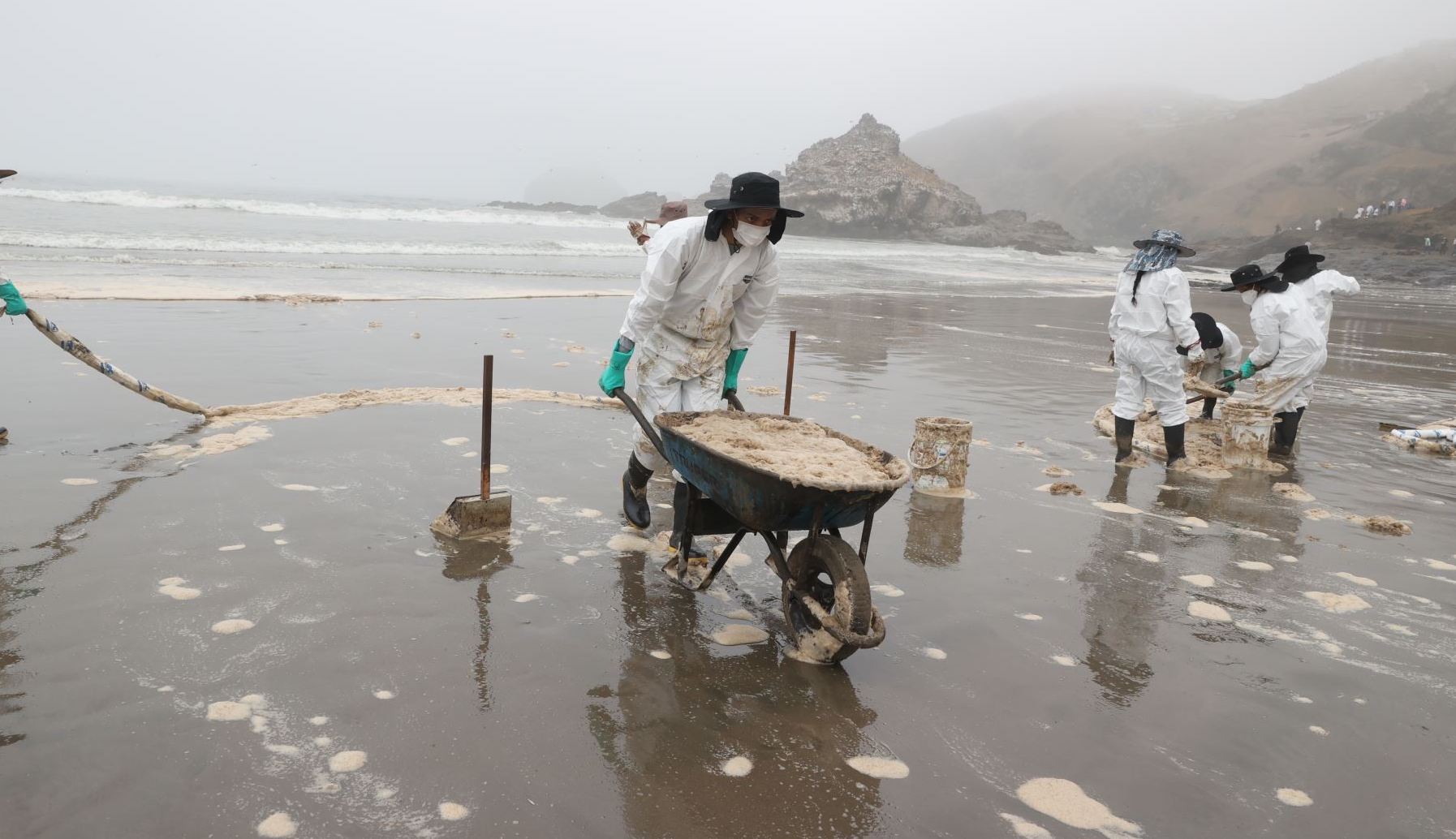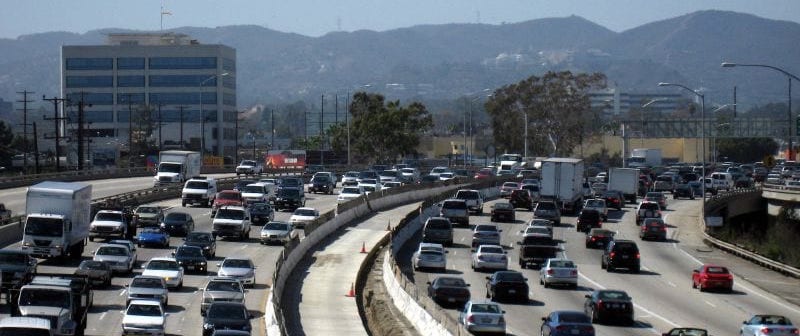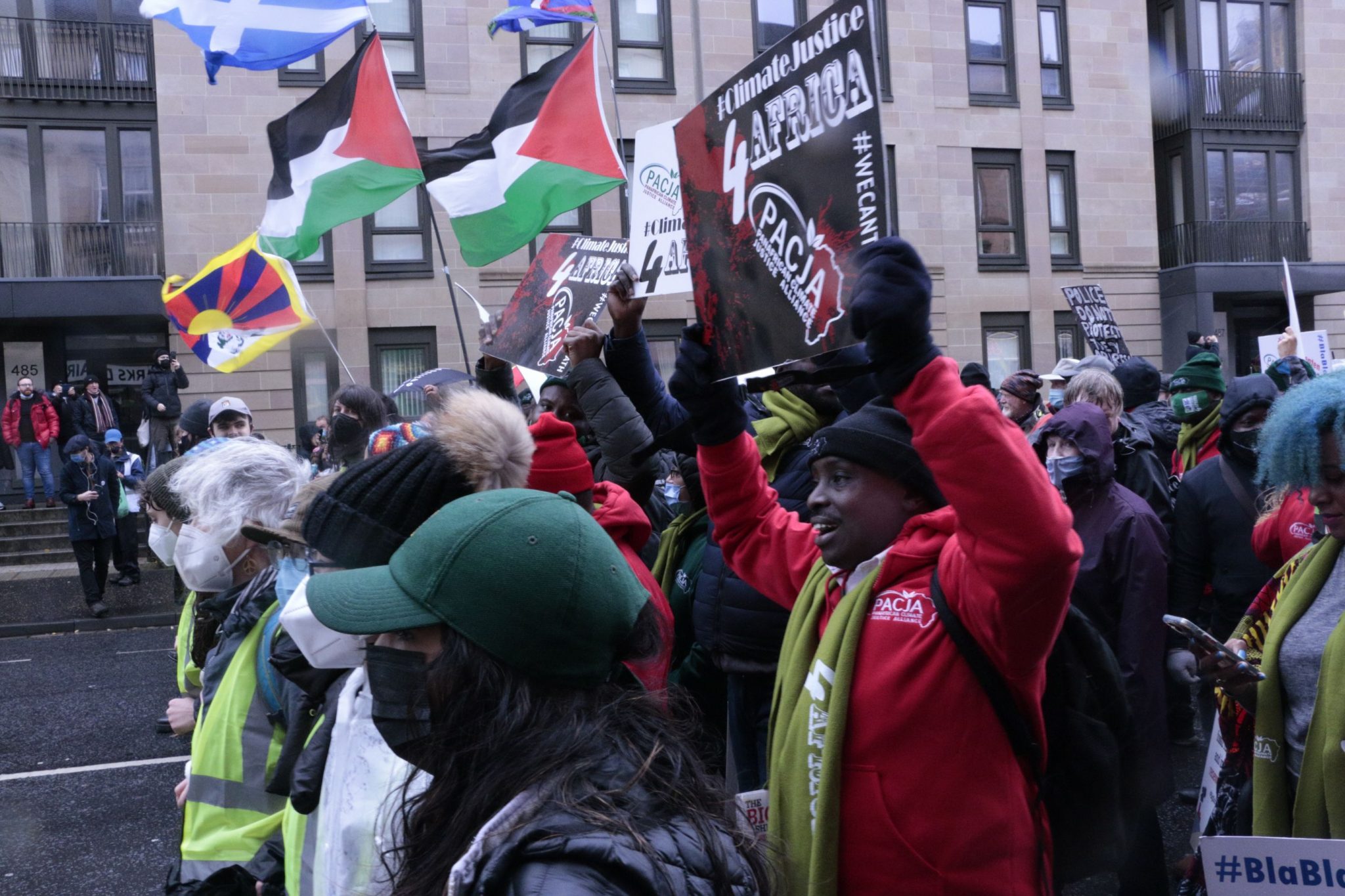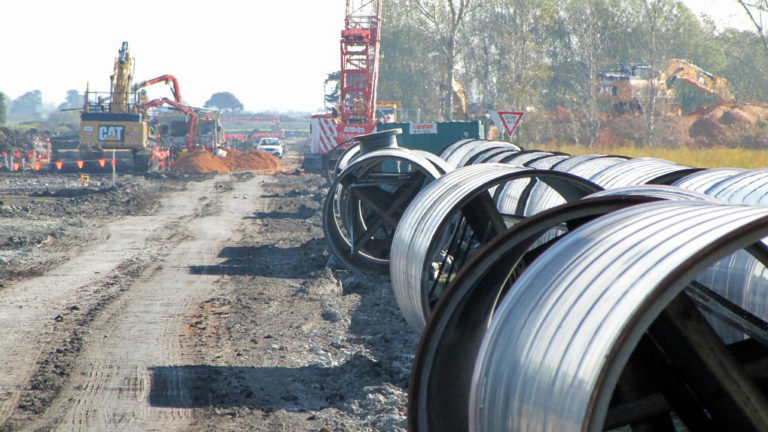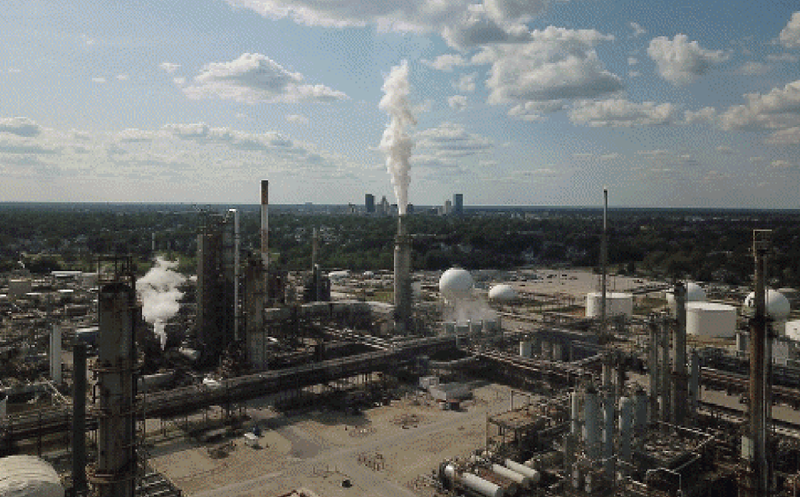
Ukraine war windfall for US fracking industry
US President Joe Biden and European Commission president Ursula von der Leyen announced a joint Task Force to reduce Europe’s dependence on Russian hydrocarbons and “strengthen European energy security as President Putin wages his war of choice against Ukraine.” The press release states: “The United States will work with international partners and strive to ensure additional LNG volumes for the EU market of at least 15 bcm [billion cubic meters] in 2022, with expected increases going forward.” This means liquified natural gas from the US fracking industry. Environmental group Global Witness reacted with alarm to the announcement, stating: “If Europe truly wants to get off Russian gas the only real option it has is phasing out gas altogether.” (Image: FracTracker)



